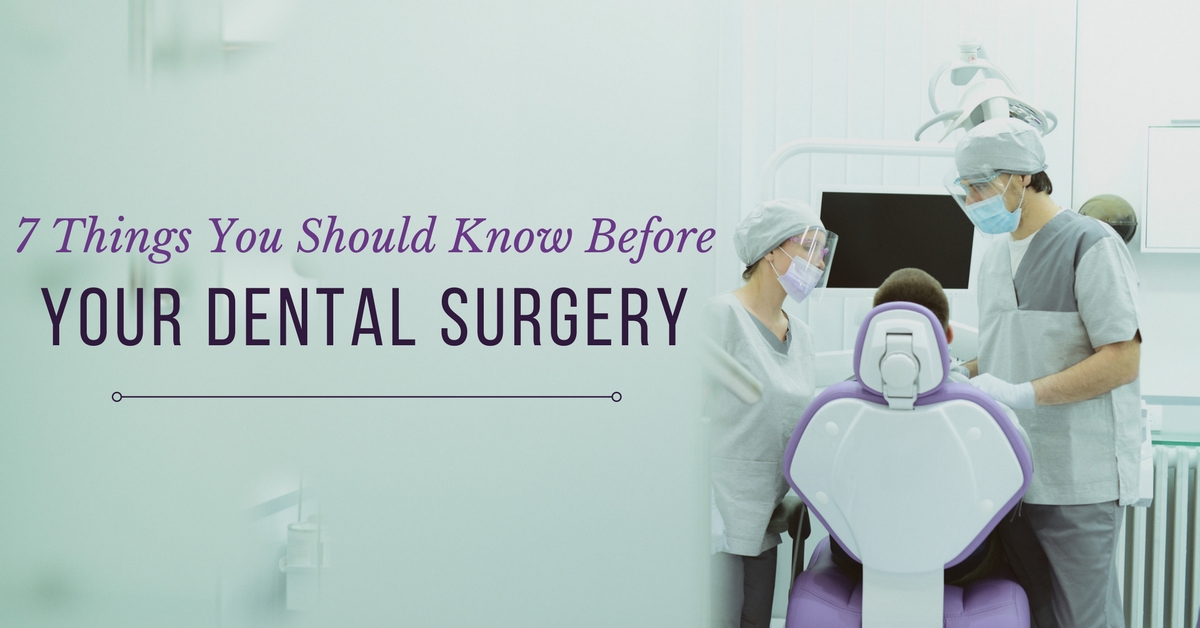
Has your dentist scheduled you for oral surgery and you don’t know what to expect? Dental surgery is very common, but it can be intimidating if you’ve never had it before. Don’t worry, we’ll walk you through it so you know exactly what to expect.
- Get someone else to drive you. If you are going to have surgery that requires you to be put under sedation, like anesthesia and nitrous oxide, you should not drive yourself following the surgery. As soon as you book your appointment, ask a friend or family member to drive you to and from your surgery.
- You may need to fast. Your dental surgeon will likely tell you to fast for eight to 12 hours before dental surgery, unless you’re diabetic. That means no eating or drinking, not even water. Take any medications as you normally would, but try to only have a small sip of water. By fasting you minimize the risk for a rare, but very serious potential anesthesia complication known as aspiration, which causes the lungs to fill with the contents of your stomach.
- Plan on arriving early for your appointment. Make the day of your dental surgery less stressful by arriving at least 20 to 30 minutes early. That way you have plenty of time to fill out paperwork and ask any last-minute questions you may have before the surgery.
- Stock up on soft, easy-to-chew food. Be prepared to embrace mushy foods for a while. Pick up foods like yogurt, soup and ice cream prior to your surgery. Try to hold off on eating any hard, crunchy foods for approximately six to eight weeks post-surgery, as they can hurt sensitive gums. You should also try to only eat foods that are room temperature. That’s because your mouth will still be numb, and you might not realize something you are eating is too hot and could suffer a burn. Same thing goes for beverages. If you need your coffee fix, make sure it cools for a while before drinking it.
- Create a place at home to recuperate. Choose a comfortable place in advance, like your bed, a recliner or a couch, where you can rest once you get home from surgery. Try to take it easy as much as possible to give your mouth a chance to heal. This might be the perfect time for a Netflix binge, or to read the latest best-seller.
- Avoid sucking. OK, we were going for a little humor there, but what we mean is you need to avoid using a straws or smoking cigarettes for at least three to five days following surgery. That’s because it could dislodge the blood clot that formed at the surgery site, which could lead to an infection known as dry socket.
- Use an ice pack and rinse with salt water. Following the surgery, there may be some swelling around the surgery site. To help reduce swelling and ease discomfort, try using an ice pack by putting it on the surgery site for 15 minutes at a time. Once 24 hours have passed, you should start rinsing your mouth four times a day and following meals with salt water by adding 1/2 teaspoon of table salt to one cup of warm water.
Again, try to rest as much as you can in the first two days following surgery. Surgeries such as wisdom tooth removal can take up to a week to heal, but the first 48 hours are often the most crucial part of your recovery, so put your feet up and do your best to rest and relax.


